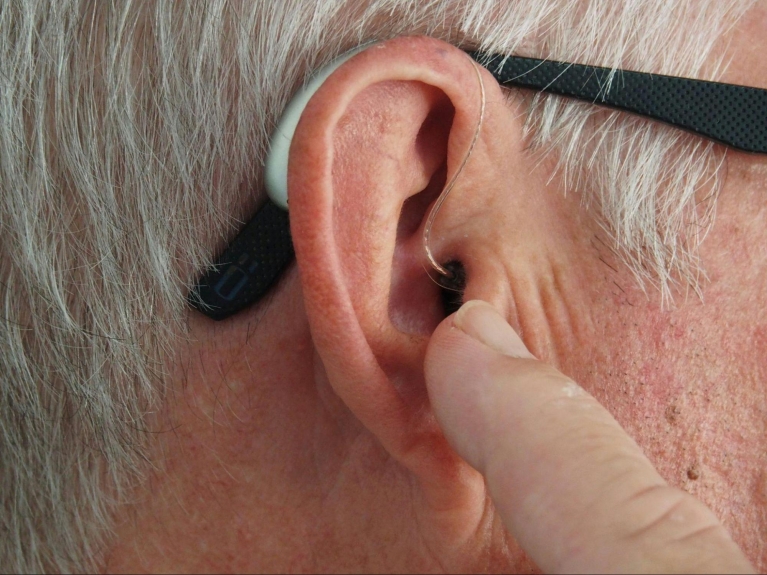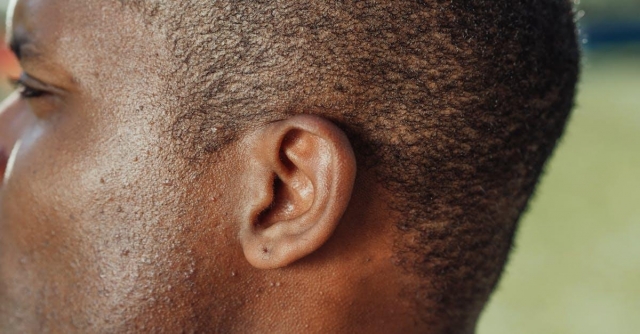Our hearing health plays a vital role in our overall wellness, influencing how we interact with the world around us. It's easy to overlook how much our ability to hear affects not only our communication but also our emotional and cognitive well-being. Studies have shown that untreated hearing loss can lead to a variety of health issues, making it essential for us to prioritize our auditory health. In this text, we will explore the significant connections between hearing health and overall wellness, and for those considering device options, a comparison like phonak vs signia hearing aids can offer insight into how different technologies may support your hearing needs.
The Connection Between Hearing Health and Overall Wellness
Hearing health is deeply intertwined with our overall wellness. From social interactions to cognitive functioning, our hearing capabilities can significantly affect various aspects of our lives.
Cognitive Function and Hearing Loss
Research indicates that there is a strong link between hearing loss and cognitive decline. When we struggle to hear conversations, we often disengage from discussions or social settings. This isolation can lead to a decrease in mental stimulation, an essential ingredient for maintaining cognitive function. A study published in the Journal of the American Geriatrics Society found that older adults with hearing impairment were at a higher risk of developing dementia compared to those with normal hearing.
This realization underscores the importance of addressing hearing issues promptly, as early intervention can help maintain not just our hearing, but also our cognitive health.
Emotional Well-Being and Social Interaction
When we think about wellness, our emotional health cannot be overlooked. Hearing loss can lead to feelings of loneliness and depression. We may find it challenging to communicate, avoiding social gatherings and feeling disconnected. According to the National Institute on Deafness and Other Communication Disorders, individuals with hearing loss are significantly more likely to experience depression compared to those with normal hearing.
Conversely, maintaining good hearing health enables us to connect with others more effectively, fostering emotional bonds and enhancing our overall quality of life.
Physical Health Implications of Hearing Issues

Hearing health isn't just about our ears: it also has profound implications for our physical health.
Lifestyle Factors Affecting Hearing Health
Our lifestyle choices play a crucial role in our auditory health. Factors such as exposure to loud noises, smoking, and poor diet can negatively impact our hearing. For instance, prolonged exposure to high decibel levels, whether from concerts or construction sites, can lead to noise-induced hearing loss. Besides, studies have shown that individuals who smoke are at greater risk for developing hearing loss compared to non-smokers. Maintaining a healthy lifestyle, including a balanced diet rich in vitamins that support hearing, like vitamins C and E, omega-3 fatty acids, and magnesium, can significantly help preserve our hearing as we age. Also, regular exercise contributes to better blood circulation, which is essential for maintaining the health of our auditory system.
Preventative Measures for Maintaining Hearing Health
Being proactive about our hearing health is crucial in avoiding long-term issues that can affect our quality of life.
Seeking Professional Help for Hearing Concerns
We should not hesitate to seek help if we notice changes in our hearing. Regular hearing check-ups are essential, just like annual check-ups for our general health. An audiologist can conduct tests to determine the extent of any hearing loss and recommend appropriate interventions. Whether through hearing aids, cochlear implants, or other therapies, early intervention can significantly improve our auditory health and, by extension, our overall wellness. Also, it's important to advocate for our own health, staying informed about treatment options and new technologies in hearing health. For more information, check out credible sources like the Centers for Disease Control and Prevention (CDC).






